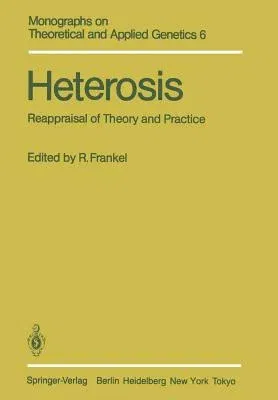Heterosis: Reappraisal of Theory and Practice (Softcover Reprint of the Original 1st 1983)Paperback - Softcover Reprint of the Original 1st 1983, 14 December 2011

Qty
1
Turbo
Ships in 2 - 3 days
In Stock
Free Delivery
Cash on Delivery
15 Days
Free Returns
Secure Checkout
Part of Series
Monographs on Theoretical and Applied Genetics
Print Length
292 pages
Language
English
Publisher
Springer
Date Published
14 Dec 2011
ISBN-10
3642819796
ISBN-13
9783642819797
Description
Product Details
Book Edition:
Softcover Reprint of the Original 1st 1983
Book Format:
Paperback
Country of Origin:
NL
Date Published:
14 December 2011
Dimensions:
24.41 x
16.99 x
1.65 cm
ISBN-10:
3642819796
ISBN-13:
9783642819797
Language:
English
Location:
Berlin, Heidelberg
Pages:
292
Publisher:
Weight:
494.42 gm

